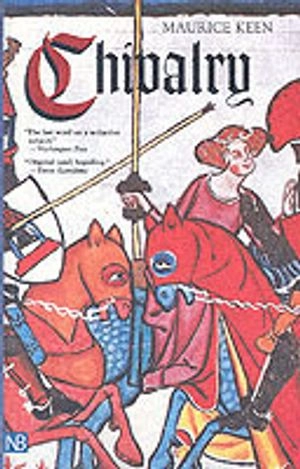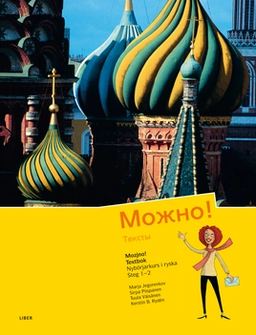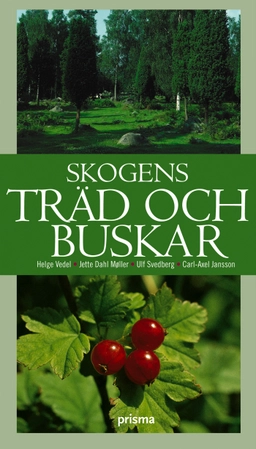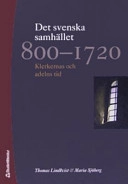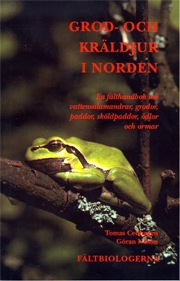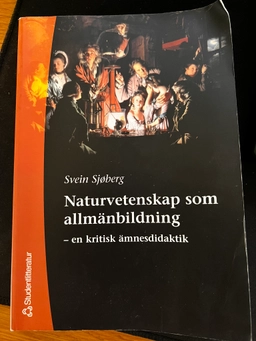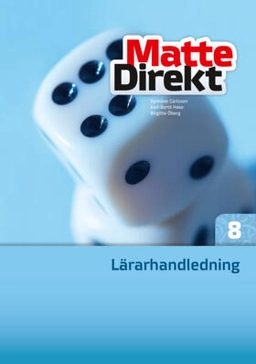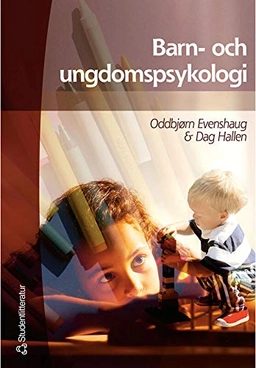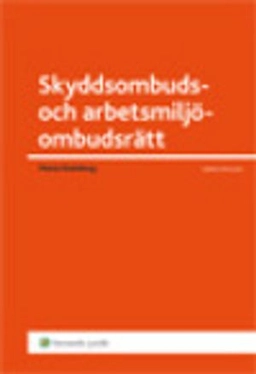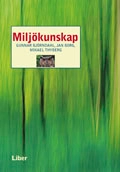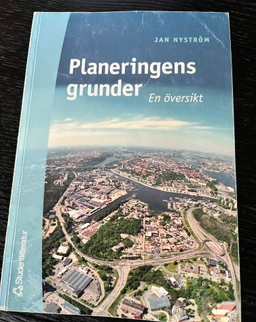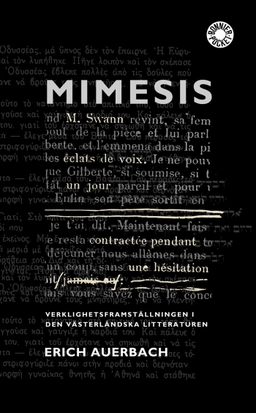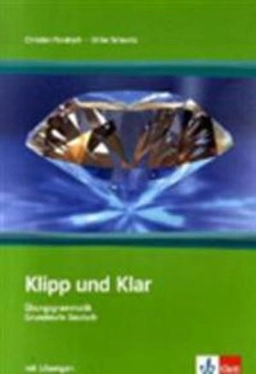In this book Maurice Keen examines the significance of chivalry as a secular social ideal in the period from c. 1100 to c. 1500, and finds that historians have exaggerated both chivalry's early Christian dedication and its later secular decadence, and that it may be better described as an ethos in which martial, aristocratic and Christian elements were fused together. Keen first discusses the secular origins of chivalry and stresses the importance of the development of new cavalry tactics in the late eleventh century, which set apart the knights - mounted warriors - as a separate and privileged group. The launching of the crusades sharpened existing ideas about their Christian role at about the same time, and rituals for making new knights gave definition to chivalry as an aristocratic order. The appearance in the twelfth century of a secular literature of knighthood did something more, endowing chivalry with an historical mythology of its own. The stories of Charlemagne and Arthur furnished a store of prestigious models of chivalrous values in action.In the same way, heraldry offered a means whereby both the class pride and the ideals of knighthood could be symbolically expressed, and the heralds, as experts in its history, literature and rituals, became a kind of secular priesthood of chivalry. Their learning helped to render the chivalry of the late middle ages ornate and often extravagant - a development which has led many historians to categorise it as decadent. Keen argues, however, that the attention lavished on externals in the fourteenth and fifteenth centuries, and exemplified in the pageantry of tournaments and the ceremonials of such famous secular orders of chivalry as the Garter and the Golden Fleece, was not just empty show: it was rather an attempt to give expression, in a vivid and evocative manner, to the values and virtues of chivalry. The cult of honour, which seeks to give merit and loyal service their due reward in reputation and social respect, was at the heart of the chivalric ideal.An idea of nobility which emphasised the social and moral obligations that high status and a privileged way of life impose was the most important legacy of chivalry to later times, and it had a profound influence in consequence on the political mentality of the aristocracies of early modern Europe.
Åtkomstkoder och digitalt tilläggsmaterial garanteras inte med begagnade böcker
